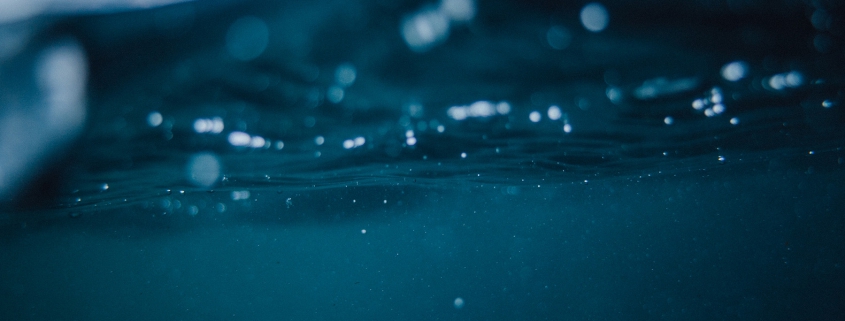AMSA Conference puts national spotlight on WA marine science

The Western Australian Marine Science Institute (WAMSI) was proud to convene a symposium on the integration of science in support of management in the Kimberley at the 54th Australian Marine Sciences Association (AMSA) Conference, in Darwin, Northern Territory on the 2nd–6th July 2017.
The annual conference attracted more than 300 delegates from a broad marine science community of academics, industry and government scientists, as well as postgraduate students and traditional owners from around the region to discuss issues currently facing Australia’s marine and coastal environment.
Dr Stuart Field, Kimberley session convenor and WAMSI’s Kimberley Marine Research Program Node Leader, explained the conference worked to strengthen collaboration between marine science disciplines; traditional and western knowledge; and Australia and its regional neighbours.
“The AMSA Conference provides a vital platform for marine scientists to engage with researchers in their chosen discipline and to present their own research to the broader marine science and natural resource management community,” Dr Field said.
Dr Field also emphasised the importance of the WAMSI convened Kimberley session.
“The Kimberley session allowed us to showcase the important research that is being undertaken in the Kimberley to underpin the management of the natural values of the region,” he explained. “Exposure to a range of other large research programs at the conference provided an opportunity to see the other examples of the integration of science into management from around Australia.”

On the Friday, Dr Field and Danial Oades, representing the WAMSI Kimberley Indigenous Saltwater Science Project, presented at the Indigenous Engagement Workshop providing a forum to discuss the building of productive relationships between traditional owners and researchers.
“The workshop was a great opportunity for researchers and Traditional Owners to share both positive and negative experiences associated with marine research being conducted on Country and to further the understanding of the best practice for working with Traditional Owners,” Dr Field said.
The latest WAMSI research was presented by a number of scientists, including:
WAMSI PRESENTATIONS at AMSA 2017
KIMBERLEY MARINE RESEARCH PROGRAM
- Jim Underwood: Expect the unexpected: remarkable genetic divergence among and within the wild coral reefs of the Kimberley
- Stuart Field: The Kimberley Marine Research Program – Integrating Science into marine conservation management.
- Halina Kobryn: Evaluating conflict potential in the marine and coastal areas of the Kimberley region through public participation GIS
- Hector Lozano: Integrated land-sea modelling of the Kimberley
- Ming Feng: Climate drivers of marine heatwaves off the Kimberley coast.
- Peter Bayliss: Integrating Indigenous knowledge and survey techniques to develop a baseline for dugong management in the Kimberley
- Verena Schoepf: Will Corals from the naturally extreme Kimberley Region be able to cope with Climate Change?
- Michele Thums: Modelling the spatial distribution of humpback whales in the Kimberley region of Western Australia
- Lynnath Beckley: Is the Kimberley coast still a pristine wilderness?
- PEP – Oliver Berry: Going with the flow: genomic insights into ecological connectivity in the Kimberley Presented by Jim Underwoood
- Rebecca Fisher: Accounting for opposing objectives and environmental uncertainty in deriving thresholds for managing dredging impacts near coral reefs.
- Pia Bessell-Browne: Cumulative impacts: thermally bleached corals have reduced capacity to clear deposited sediment
OTHER RESEARCH SUPPORTED BY WAMSI
- Zoe Richards: The Kimberley – Australia’s great unsung coral sanctuary
- Kathryn McMahon: Patterns in diversity of seagrasses in the tropical Indian Ocean
- PEP – Oliver Berry: Complex ocean currents promote adaptive diversification and lower dispersal in a tropical reef fish from north-western Australia. Presented by Mike Travers
- Ryan Lowe: Oceanic drivers of reef heat budgets in northwestern Australia: the role of tides on regional and reef-scales
- PEP – Matthew Adams: Identifying robust bioindicators for seagrass light stress over several timescales. Presented by Kathryn McMahon
AMSA2017 Abstracts – http://events.amsaconference.net/conference-program.html
AMSA is Australia’s peak professional marine science body, with over 800 active members across the nation. Conference website http://events.amsaconference.net/

